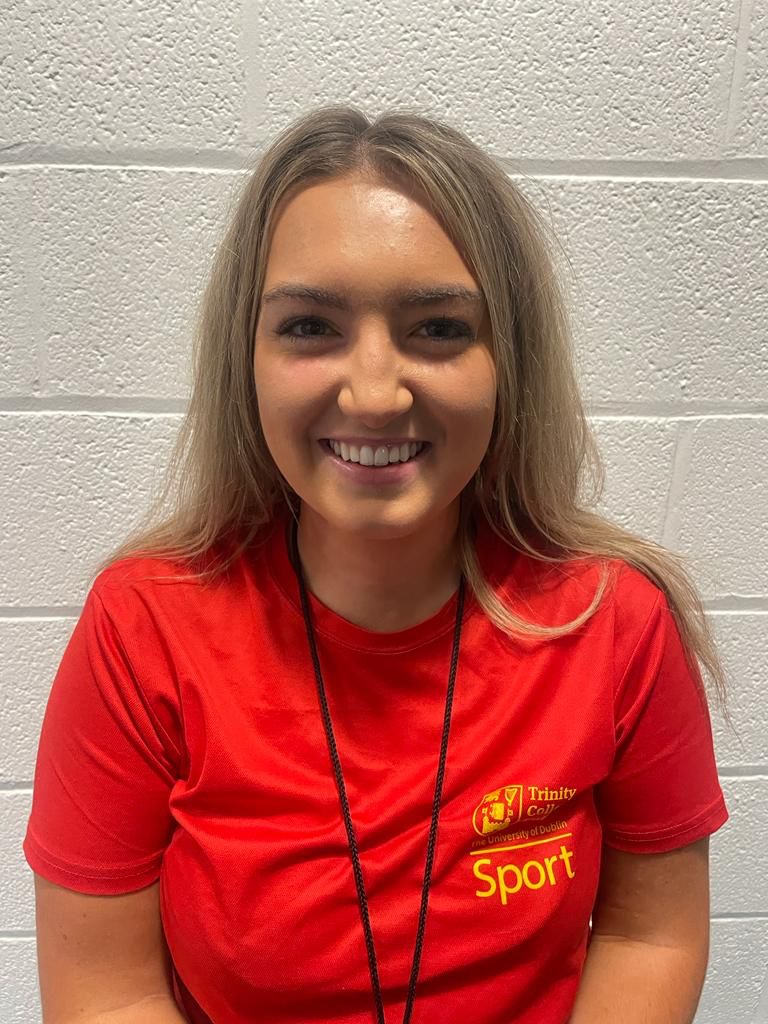A Trinity student assisted in a medical emergency on the Luas on Friday, November 24.
First year law student Aoibhinn Fitzgerald was called upon to assist a man having an epileptic seizure on her way to College. Fitzgerald is a trained lifeguard currently working at the pool in the Trinity Sports Centre. She answered a call over the Luas loudspeaker for anyone with medical experience.
Speaking to Trinity News, Fitzgerald explained that she was on her way to College from Trinity Hall for a 9am jurisprudence lecture: “I was on the phone to my mum at around 8:25am on the Luas telling her all about last night’s riots when the Luas stopped at Ranelagh and all the doors opened.”
“A man ran down the platform shouting “is anyone a doctor, is anyone a doctor”. No one was moving so I ran onto the platform and could hear the Luas operator’s loudspeaker announcement asking for anyone with medical experience to come to the carriage nearest the driver.”
Fitzgerald immediately responded to the announcement: “I ran along the platform and then came upon the scene. There was a man in his twenties, maybe even a college student with his bag on his back, he was lying on his side across the door frame.”
“When I saw him he was just stopping shaking and was coughing and spluttering blood and falling unconscious. I knelt down in front of his face and said to those around that I am a lifeguard and I asked if an ambulance had been called. It had.”
Fitzgerald then learned that the man was having a seizure where “he bit down on his tongue and fell and hit his head on the metal on the base of the door frame as it had opened”. Fitzgerald then put the man in the recovery position, explaining to Trinity News that “it is extremely important to keep talking to a patient even if they are unconscious”.
Fitzgerald spent time comforting the man: “From the moment I knelt down until when I got up my hand did not leave his shoulder (except to open a bandage) and I did not stop reassuring him that he was safe.”
She explained that “placing your hand on the upward-facing shoulder of someone lying on their side is the most effective way of preventing them from moving or getting up”. The man was unresponsive: “There was a female Luas operator behind him and had asked him to squeeze her hand but he couldn’t.”
The man then began to “dip in and out of consciousness and trying to get up”. Fitzgerald continued comforting the man and repeated “you are safe, you are safe, stay lying down”.
Fitzgerald was also “constantly checking his breathing” and checked to see “if his pupils were dilated but they weren’t”.
Fitzgerald tended to the man’s injuries using a first aid kit given to her by a Luas operator: “I used one of the big bandages to spread out on the floor over all the blood in front of his face to allow me to put his hand in a more stable position to lie on.”
Fitzgerald attended to the man for “about fifteen minutes” until the ambulance arrived. Fitzgerald then walked the rest of the way to her 9am lecture: “I was late for but that’s ok.”
She also told Trinity News that when she was “by Stephens Green” the same Luas passed her: “The driver and Luas operator gave me a reassuring wave that everything was ok now.”
Speaking about her background, Fitzgerald, who is from Cork, said: “ For the last few years I have been volunteering with Irish Water Safety instructing water safety and operations just like the one I carried out, to children.”
She said that this is not the first time she has assisted in a medical emergency: “During the summer I work summer weeks on beaches in west Cork, again with Irish Water Safety to do the same. I have been involved in similar situations three times before where I have had to intervene in an emergency in public, one on a bus, one on a night out and one on a bridge – all in Cork.”
Speaking on how she managed the situation on the Luas she said: “In situations like this, I feel a huge rush of adrenaline and my mind goes very quiet leaving only my training and natural instinct to guide me through.”
“I actually enjoy these situations from the perspective of seeing how you react and the power of adrenaline to get you through.”
She also noted that “after the situation there is certainly a come down and [she does] get a bit upset and shaky”. She also said that since Friday she “[keeps] seeing his eyes flashing in [her] head” but “it is a small price to pay”.
She encouraged people to seek out first aid training: “Be a good active citizen and seek and complete training and spread the word.”
“Whether it is recognizing the symptoms of a stroke, knowing whether to intervene or not in perhaps a drowning or just knowing how to call an ambulance it is better to know how and you never know when you might need it or who you might need it for.”






